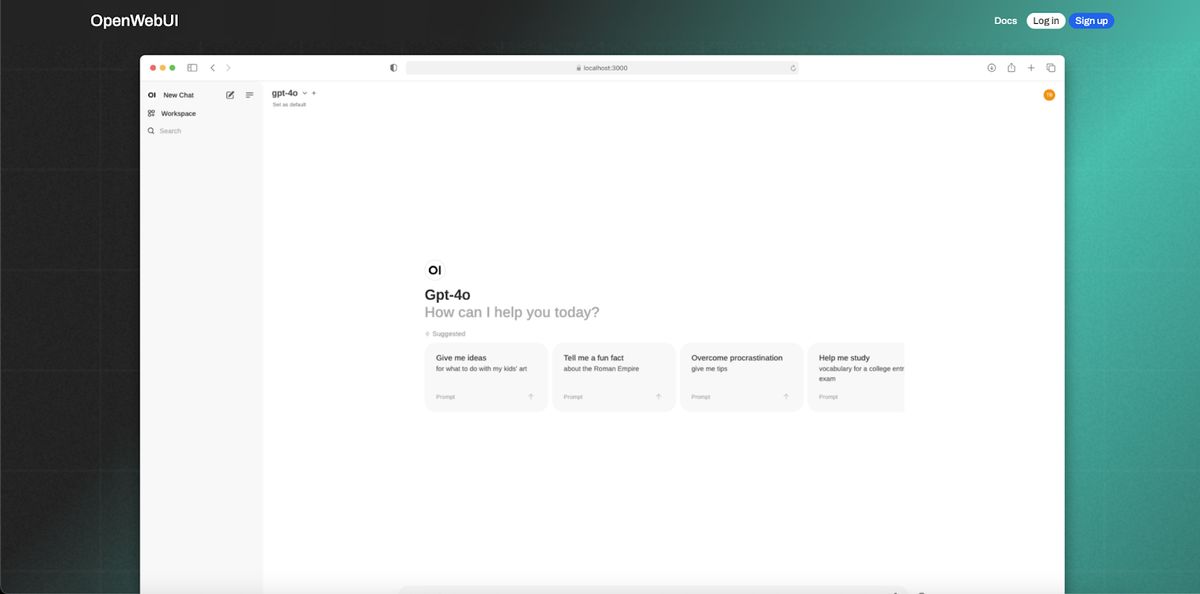OpenAI’s AI Browser Set to Challenge Google Chrome Dominance

OpenAI is poised to launch an AI-powered web browser within weeks, directly challenging Google Chrome's market dominance. The browser will fundamentally reshape web navigation by keeping user interactions within a ChatGPT-style interface, bypassing traditional website visits. This strategic move grants OpenAI unprecedented access to user data—a cornerstone of Google's $200 billion ad empire. Sources confirm the browser integrates OpenAI's Operator agent, enabling autonomous task completion like form-filling and reservations without leaving the chat environment.
Why This Disrupts Search Economics
Google Chrome commands 65% of the global browser market, fueling Alphabet's core advertising business. OpenAI’s alternative intercepts user journeys before they reach external sites, potentially diverting $3-5B in annual search ad revenue. As noted by PYMNTS, this threatens Google’s ‘last-click’ attribution model, where 75% of its ad revenue originates.
Technical Architecture
Built on ChatGPT’s security framework, the browser operates within a sandboxed environment while executing tasks via OpenAI's Responses API. Early tests show capabilities include:
- Agentic task execution: Automating workflows like calendar management and e-commerce
- Integrated web traversal: Rendering simplified page summaries instead of full site loads
- Cross-device synchronization: Leveraging existing ChatGPT mobile app infrastructure for instant rollout.
Competitive Landscape
OpenAI enters an AI-browser arena including Perplexity’s Comet and The Browser Company’s Arc. Its advantage lies in ChatGPT’s 500M+ active users—a ready-made adoption base. Unlike Perplexity’s research focus, OpenAI prioritizes task automation, positioning it as a productivity catalyst. As TechCrunch reports, internal roadmaps suggest eventual Enterprise API integrations for custom agent deployment.
Market Implications
Google’s search referrals to publishers have already dropped 13% since AI Overviews launched in 2024. OpenAI’s browser amplifies this trend, potentially accelerating the decline of traditional web monetization. For users, it promises frictionless task completion but raises data-privacy questions given OpenAI’s expanding ecosystem access. The launch window remains fluid, though phased release to ChatGPT Plus subscribers is likely before broad availability.
Social Pulse: How X and Reddit View OpenAI's Browser Play
Dominant Opinions
- Tech Optimists (52%):
- @AndrejKarpathy: 'Agentic browsing is the natural evolution beyond chatbots. OpenAI's distribution makes this an Airbnb-for-search moment'
- r/singularity post: 'Chrome's 40% memory hog vs AI-native efficiency? No contest—my default browser switches on day one'
- Privacy Skeptics (33%):
- @PrivacyAdvocate: '500M users × browsing data = OpenAI's ultimate monetization play. GDPR shields won't help outside EU'
- r/technology thread: 'Remember Cambridge Analytica? Now imagine that with your entire web history + ChatGPT prompts'
- Google Loyalists (15%):
- @ChromeDev: 'Rendering 8B+ website variants requires infrastructure OpenAI doesn't have. This will feel like 1998 Netscape on complex pages'
- r/google subreddit: 'Chrome has 15yrs of dev tools integration. AI can't magically fix cross-browser JS compatibility'
Overall Sentiment
While over half applaud the innovation potential, one-third express strong data control concerns. Google defenders cite technical scalability gaps, creating polarized but highly engaged discourse.